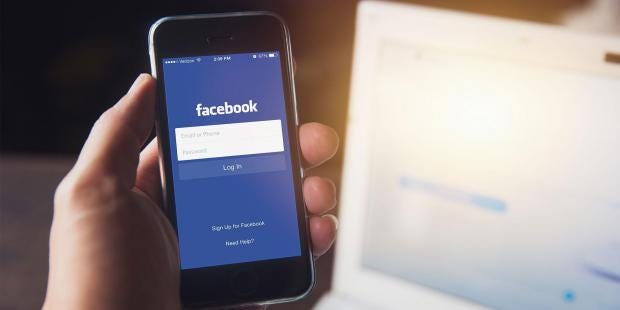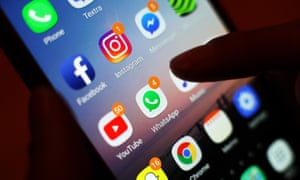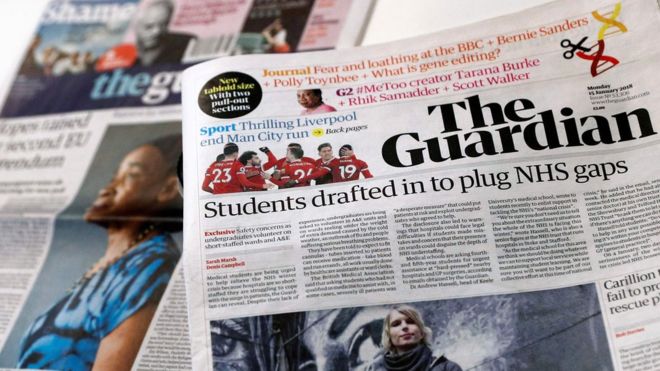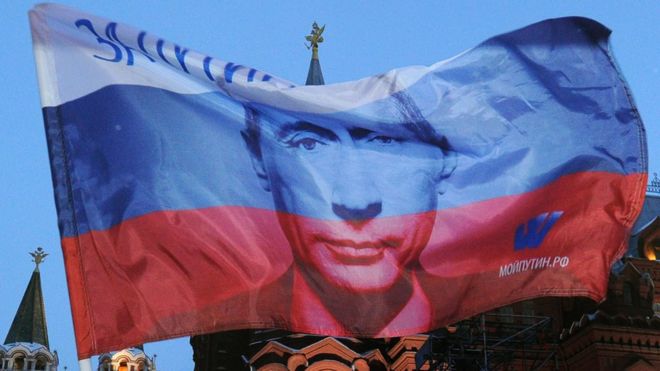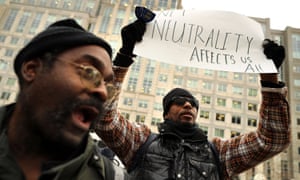
Pope Francis stated that fake news is an evil comparing it to the devious snake in the Garden of Eden and wants to call upon journalists to seek the Japanese. This was stated in his annual social communications message, Francis said fake news played on stereotypes and prejudices, and praised those who make effort to make social media users aware of false reports.
- “The strategy of this skilled ‘Father of Lies’ is precisely mimicry, that sly and dangerous form of seduction that worms its way into the heart with false and alluring arguments,”- Pope Francis
- “sins of the media: disinformation, slander and defamation”.-What he considers one-sided reporting
With the stark analogy of fake news as snakes, I think Francis has a point about news being built on stereotypes and prejudices to create the certain image of a group of people like people in Syria or refugees reinforcing Said's theory of Orientalism as the west is presented superior to the east.
Also, with it obvious that some news change certain stores to fit with their own ideologies that 'fake news' would be a thing as it is hard to be believe what is real and what isn't linkign to Baudrillard's theory of simulation as perception of news is skewed and somewhat 'fake' because of the continuous allegations at news of their fake stories being made.
